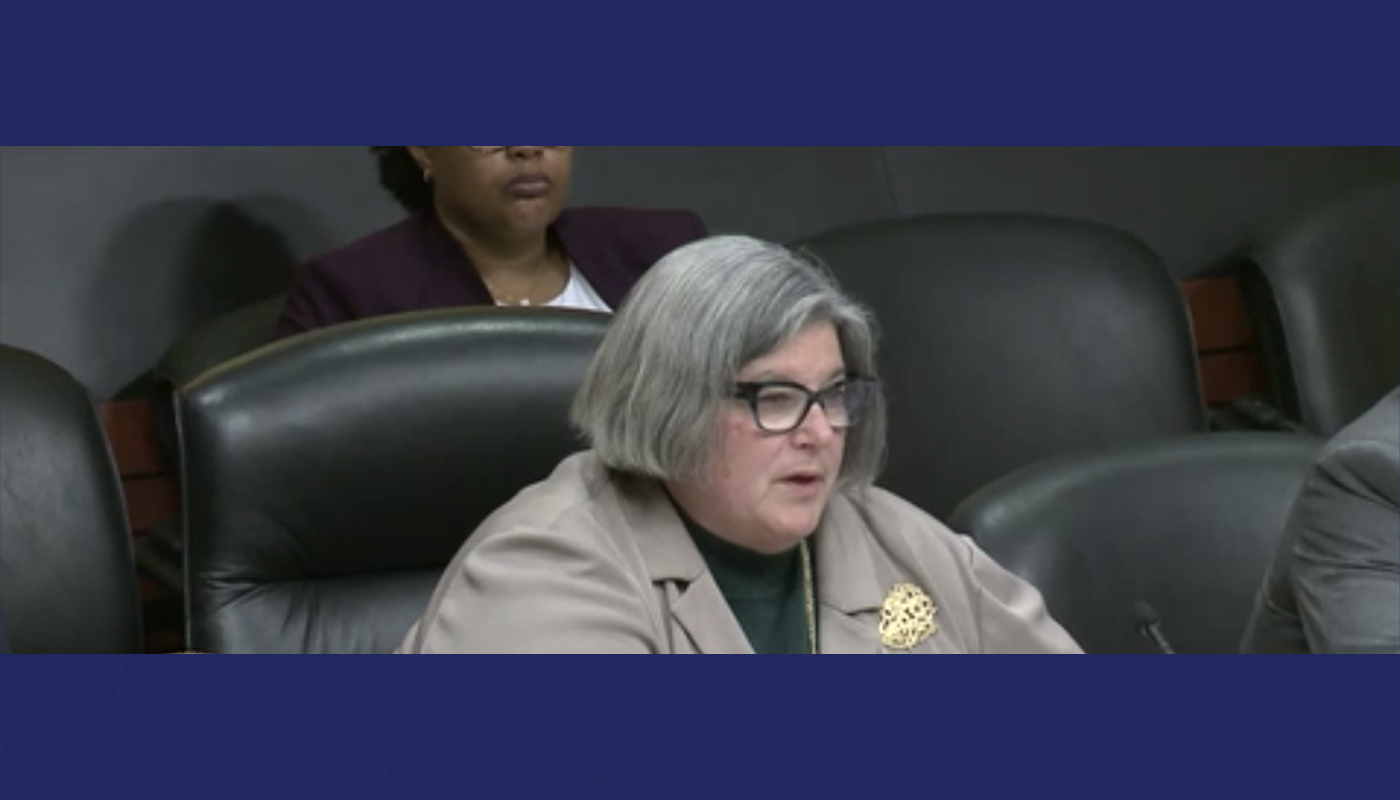
News writer
What happens in Oregon stays in Oregon — at least if you hit the jackpot. Lawmakers just passed a bill that could keep future lottery winners' names out of the spotlight for good.
But while the push for privacy is grabbing headlines, the bill's real aim targets something most players have never even heard of, and it's costing the state a lot of money. So what's really behind this hush-hush legislation?
House Bill 3115 passes the Oregon State Senate
On Tuesday, lawmakers passed a bill that would make any prize winners from the Oregon Lottery anonymous. This bill now eliminates what many once considered a key transparency measure that helps to maintain the integrity and public trust in the lottery games and the agency that runs them.
The Oregon Senate passed House Bill 3115 on a 23-to-5 vote. The House already passed the bill, so now it heads to the Governor's office for her signature. The Oregonian reported that they are unsure if Gov. Tina Kotek supports the bill and will sign it into law, as her office has ignored multiple requests for comment.
An attempt to stop lottery discounters
While the bill did allow for lottery winners to remain anonymous in the state, the real goal of the bill is to prohibit lottery prize winners from selling their tickets to third parties at a discount. These discounters buy the original winners for 50 to 80 cents on the dollar and then redeem the tickets for their full face values, as Lottery USA previously reported.
The discounters are annually buying millions of dollars in winning lottery tickets from the original winners at a steep discount and then claiming the winnings at payment centers in Wilsonville and Salem. Then these individuals are turning around and deducting the price they pay as a business expense on their personal taxes.
By doing this, it enables tax evasion on the full value of the prize. In Oregon, lottery winners who owe past due child support or other debts to the state could have their winnings garnished if they redeem it at a lottery payment center. Instead, they pay the fees to the discounter and still get a portion of their winnings.
House Bill 3115 prohibits these types of ticket sales to lottery discounters and also stops people from deducting the purchase price of any ticket from the buyer's taxable income.
The anonymity portion of the bill was an add-on
The original purpose of House Bill 3115 was to stop these lottery discounters, but Rep. John Lively, a Democrat from Springfield, tacked on the anonymity provision as an amendment to the bill. Now in Oregon, a winner's name would become public only if that person agreed to disclose it in writing. This amendment received no debate in the House and Senate.
Before this bill, Oregon was one of 23 states that publicly announced the names of all lottery prize winners. The Oregon House did pass a bill in 2019 that would have given anonymity to winners of multi-state games sold in Oregon, like Powerball. However, the bill died in the Senate when it was never brought to a full vote.
The big sell for this anonymity amendment was that it was a way to protect the privacy of lottery winners. During testimony in committee, Darian Stanford, a Tonkon Torp attorney who works with TheLotter, a lottery courier service owned by a company in Malta, was the only individual to speak in support of the anonymity amendment.
Stanford said winners faced the “lottery curse,” where jackpot winners' lives were ruined after their names and winnings were made public. He said they were subject to doxxing and harassment. However, he never provided any examples of that taking place in Oregon.
The Oregon Lottery spoke with The Oregonian and said they were not aware of any cases of extreme harassment of prize winners in the state, including the $1.3B Powerball winner that came from the state.
Enjoy playing the Oregon Lottery, and please remember to play responsibly.

















Comments